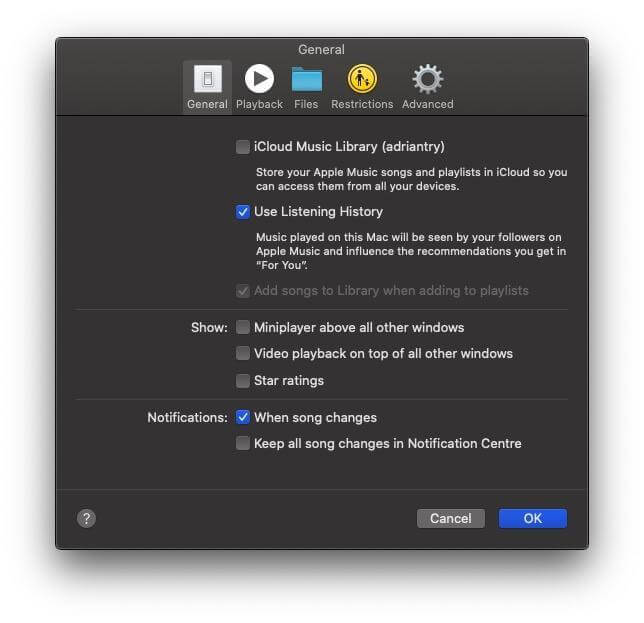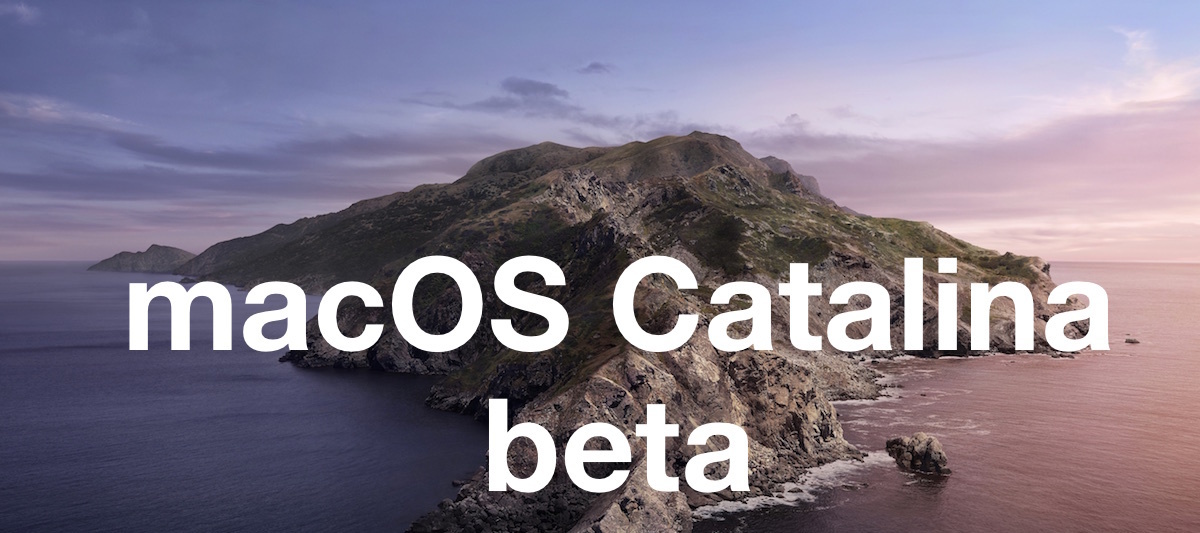
- #MACOS CATALINA INITIAL RELEASE DATE INSTALL#
- #MACOS CATALINA INITIAL RELEASE DATE UPDATE#
- #MACOS CATALINA INITIAL RELEASE DATE DRIVER#
- #MACOS CATALINA INITIAL RELEASE DATE PATCH#
- #MACOS CATALINA INITIAL RELEASE DATE UPGRADE#
The good news is, theoretically this burden falls on the DAW, not individual plug-ins.
#MACOS CATALINA INITIAL RELEASE DATE UPDATE#
Providing this compatibility is complicated, so it’s likely that most developers will be able to support only their latest release – meaning you may require a paid update to that first.
#MACOS CATALINA INITIAL RELEASE DATE UPGRADE#
Here’s the bit you’ll really need to care about – if you’re upgrade to macOS Catalina, you will need to be prepared to upgrade your DAW, too. In addition to the DAW needing your permission to access certain folders, for example, it also needs to ask your permission if a sample instrument like KONTAKT wants to access files, as well. And your DAW also needs to handle entitlements for plug-ins. Unfortunately, the exploits Apple is targeting in malware – “code injection, dynamically linked library (DLL) hijacking, and process memory space tampering” – also look a lot like the behaviors your DAW performs normally.

Your DAW is running all sorts of libraries and plug-ins and so on. With a common, monolithic app, providing these permissions (called “entitlements”) is fairly easy. You’re already familiar with this behavior from phone apps on Android and iOS this is effectively the same idea, now on your desktop computer. And the reason it’s there is, of course, malware might otherwise perform the same task without your consent.

That’s a bit annoying, but it’ll only happen once, and then will remember your permissions. So now, the first time you print a score from notation software or try to open a file dialog to browse the desktop, you’ll get a pop-up asking if you really want to do that. The first thing you’ll notice on macOS Catalina is that the Mac starts asking you for permission a lot more often. So obviously, what Apple is doing is attempting to prevent those two things. Let’s recall here how malware works: it runs additional code that you didn’t intend to run, then gives that code access to something vital on your system (like your data, or microphone). So let’s take a look at the hardened runtime and entitlement permissions first. The two requirements are related, because Apple won’t approve installers unless they also comply with the hardened runtime standards. Let’s look at those two changes separately: one is the change for installers (called “notarization”), and the second is a new set of requirements for how software is granted access to vital information (the “hardened runtime”). The issue here is not that these changes are unwarranted or even entirely unexpected, but that they bring a lot of change at once that will require you to update software – especially music software – in order for it to work properly, or at all. And since malware works by running additional code on top of other code or memory, Apple are adding protections against running that code. They’re also implementing tougher defaults for installers. Apple are making some changes to the way the OS itself notifies you of activity by software and asks for your approval, a bit more like you had seen previously in iOS or Android.
#MACOS CATALINA INITIAL RELEASE DATE PATCH#
These threats do not impact the legitimate copies of the same software, so yes, this is an added risk when you pirate software.Īll OS vendors regularly patch security holes the approach in macOS Catalina (10.15) is more proactive. The software would embed itself on your system and start mining cryptocurrency.

For instance, security researchers uncovered an insidious piece of code found in downloads from a piracy website called VST Crack, embedded in pirated versions of software including Ableton Live. It’s also not just “a Windows thing” recent attacks have singled out the Mac, too. At best, they can at least make your system unstable. Malware tools targeting users may be designed to exploit your computer’s resources, steal data, and impersonate you or even steal your money. It’s worth acknowledging that security concerns are justified, even for consumer operating systems. Driverless (class-compliant) audio and MIDI gear is unaffected.
#MACOS CATALINA INITIAL RELEASE DATE DRIVER#
Hardware: If a driver is required for operation, you’ll need an updated driver and installer.
#MACOS CATALINA INITIAL RELEASE DATE INSTALL#
Plug-ins: May require update for full compatibility – but may run inside updated DAWs, and will install if the user overrides OS’ installer requirements. Software using legacy video libraries: Incompatible. MacOS Catalina (10.15) is expected to ship in October, replacing Mojave (10.14).ĭAWs and other software using plug-ins: Requires updates to work.ĭrivers: Installation and operation requires update to work.ģ2-bit software, software that accesses 32-bit libraries: Incompatible. That will cause incompatibilities with music software, requiring updates. MacOS Catalina, the next Mac release, dramatically tightens security and removes 32-bit compatibility.


 0 kommentar(er)
0 kommentar(er)
